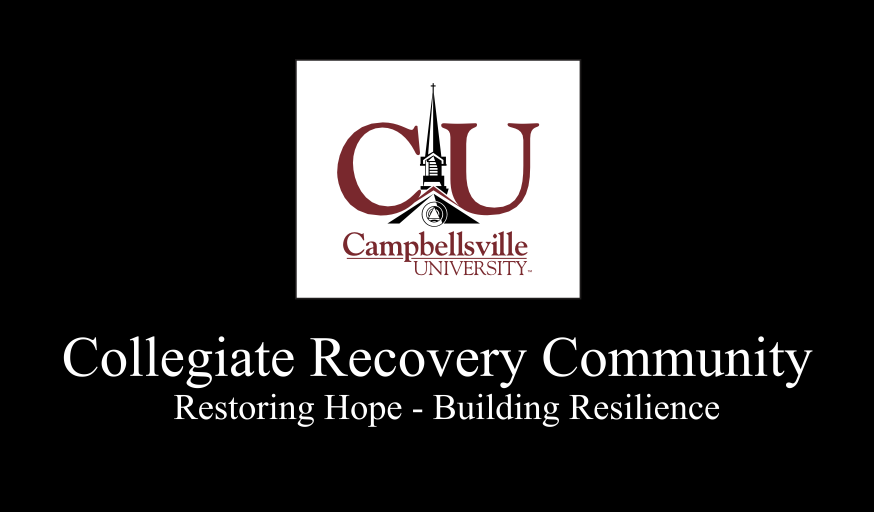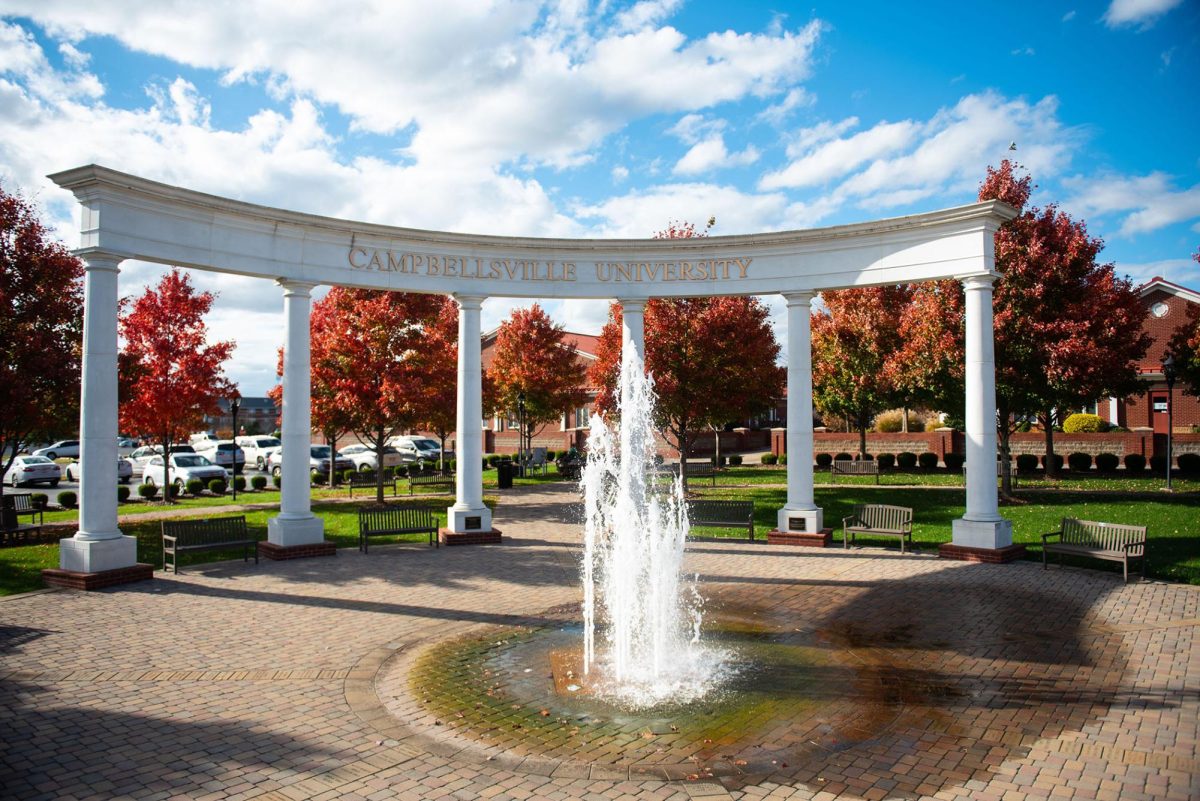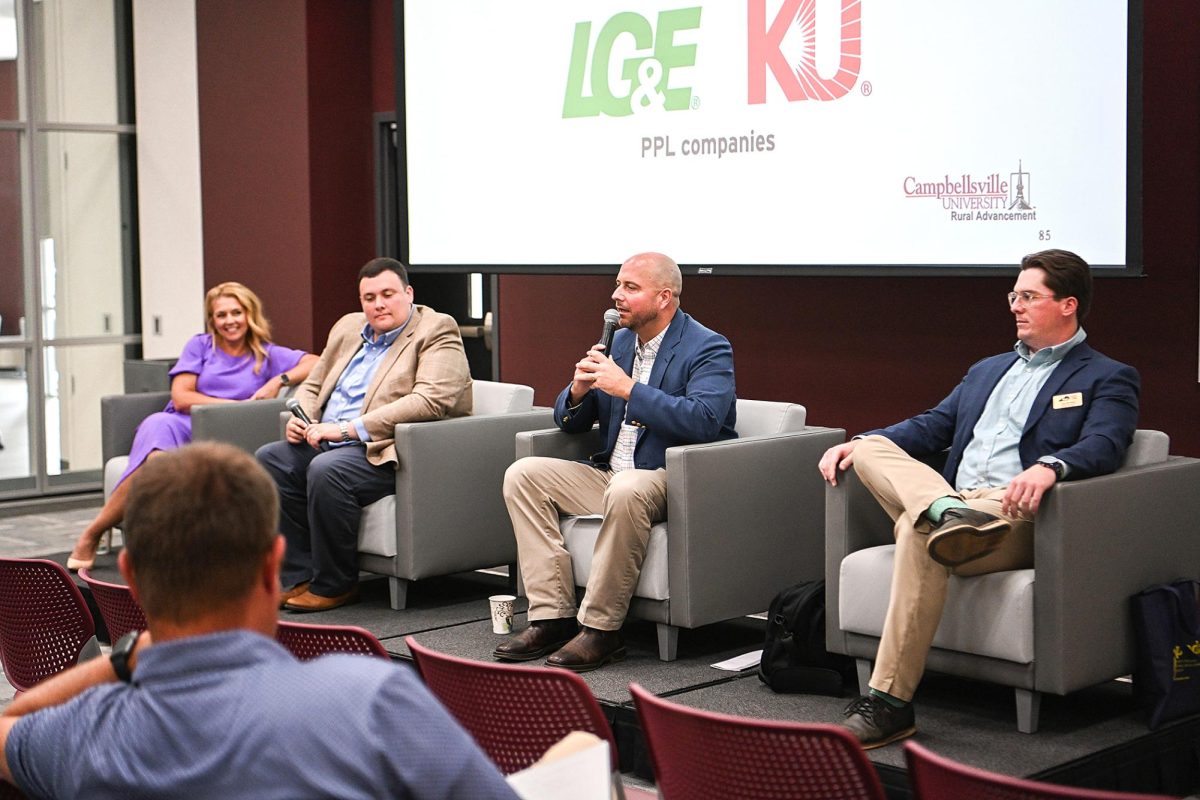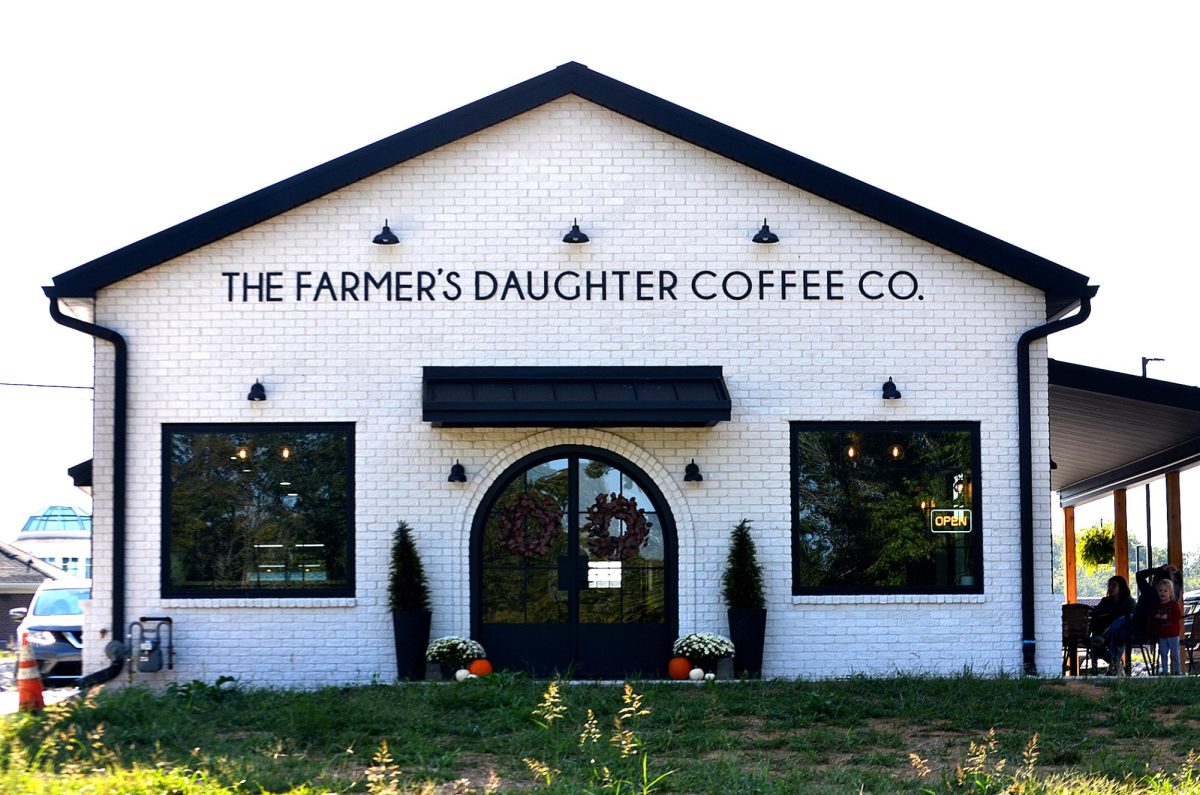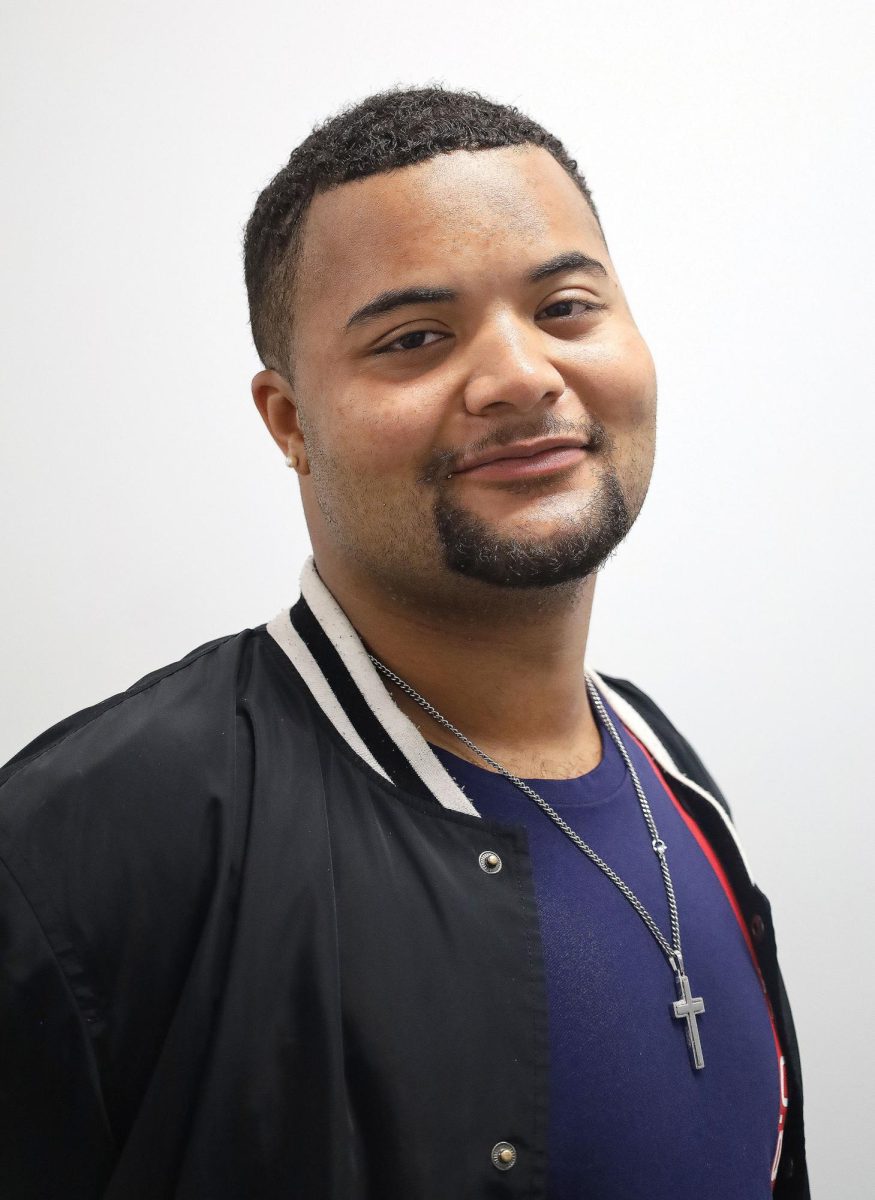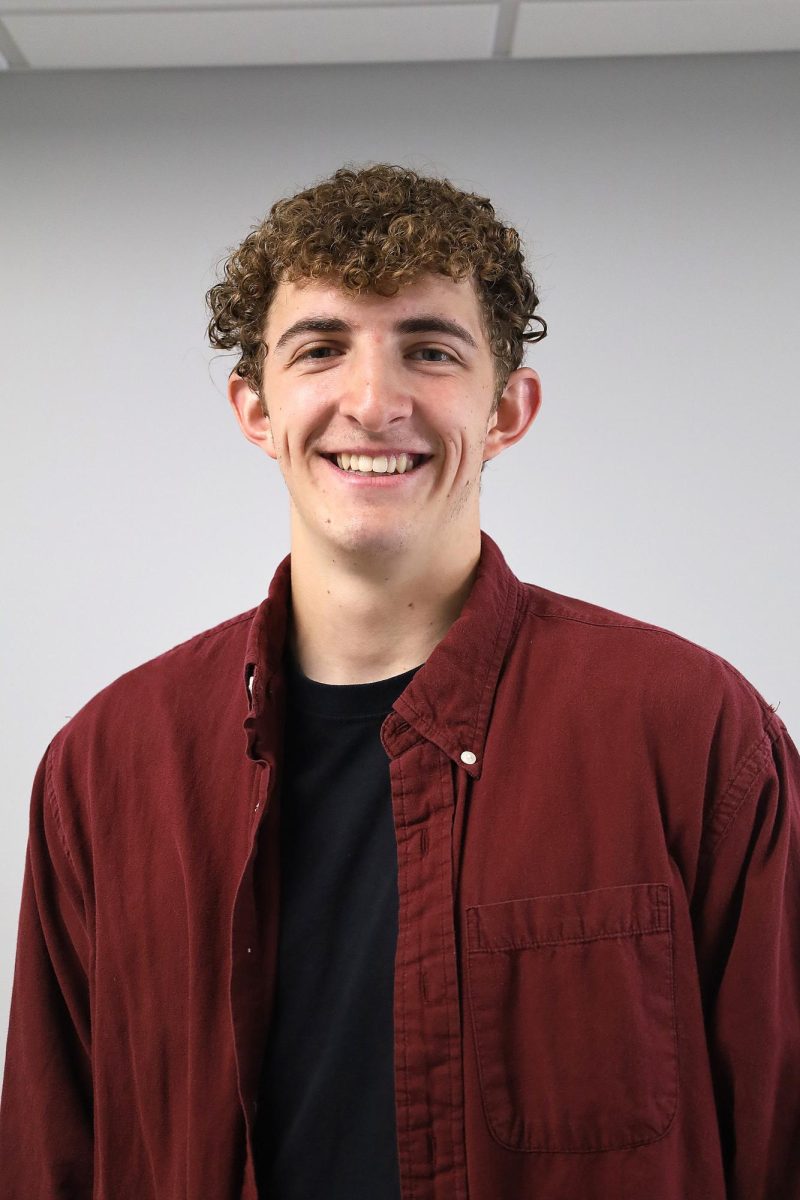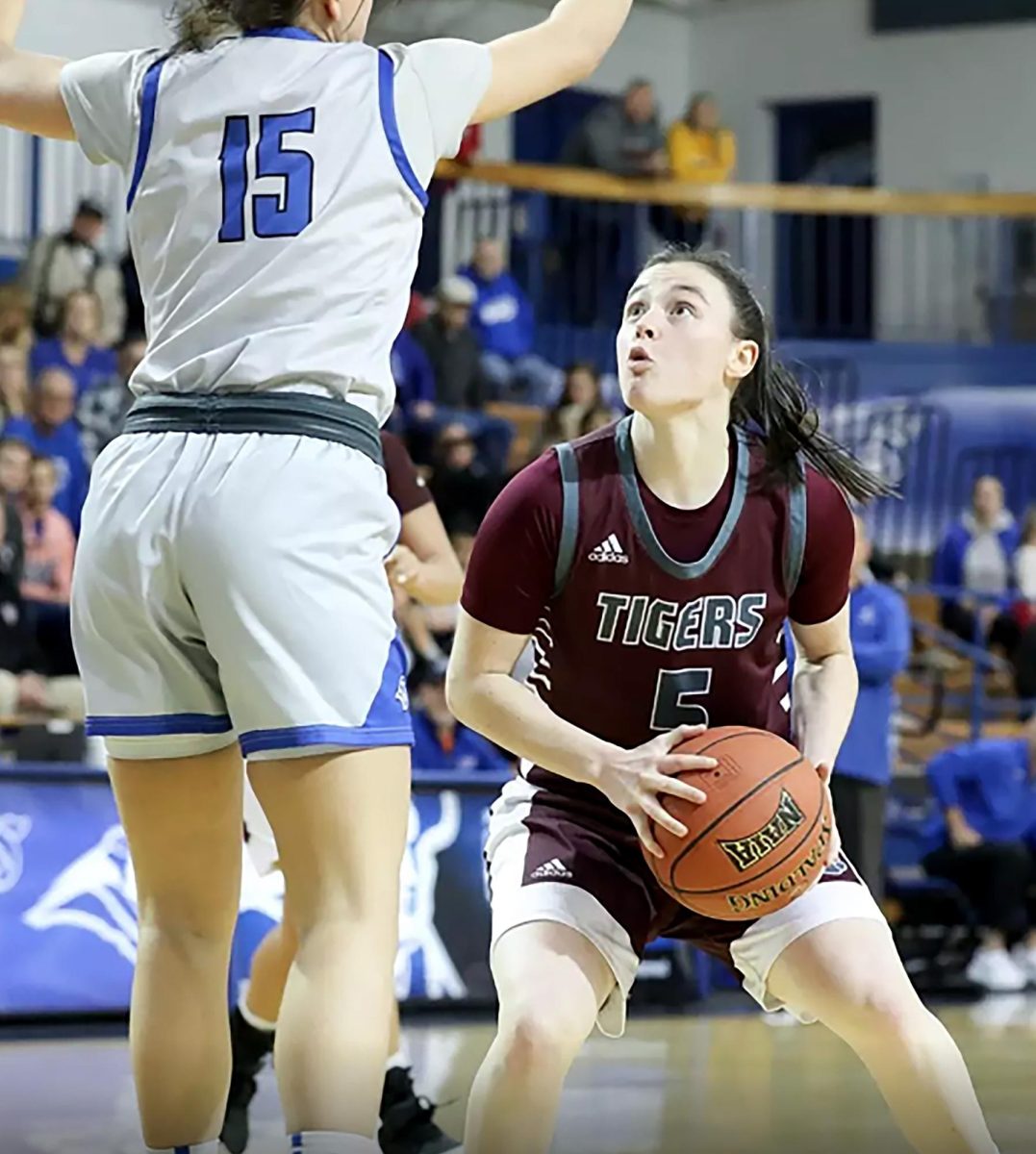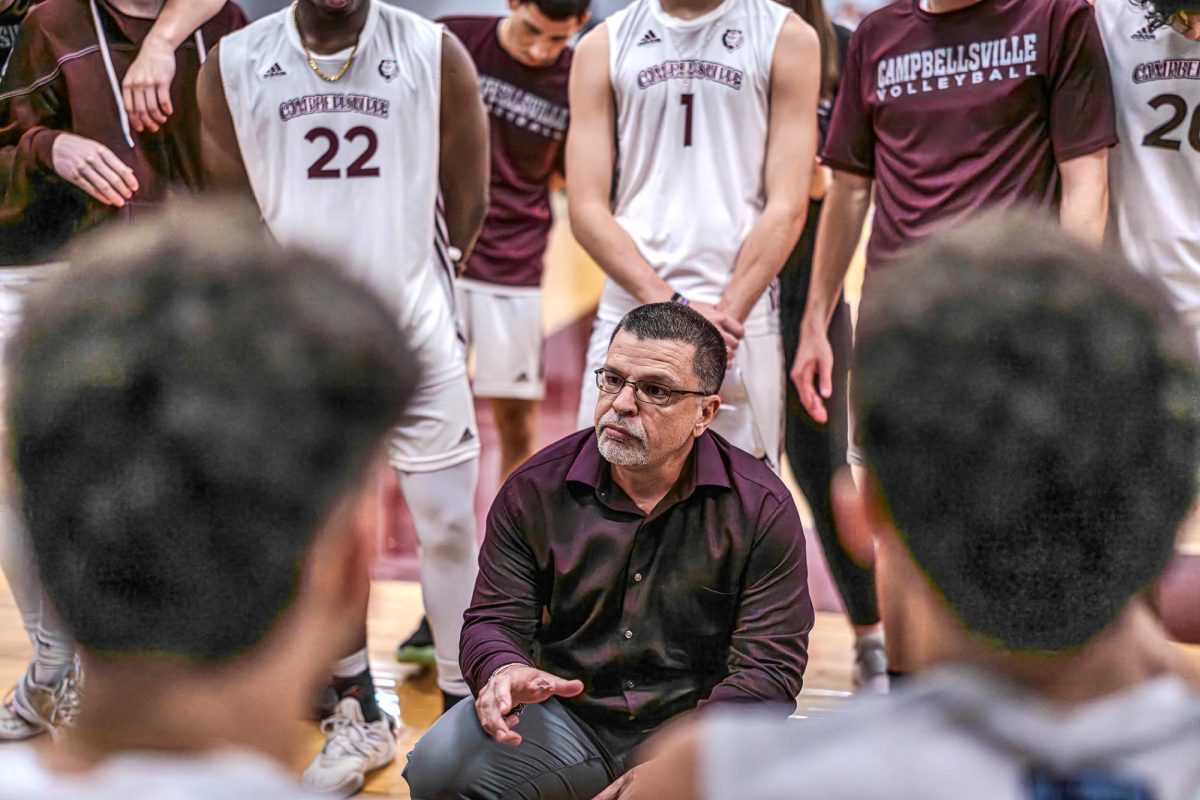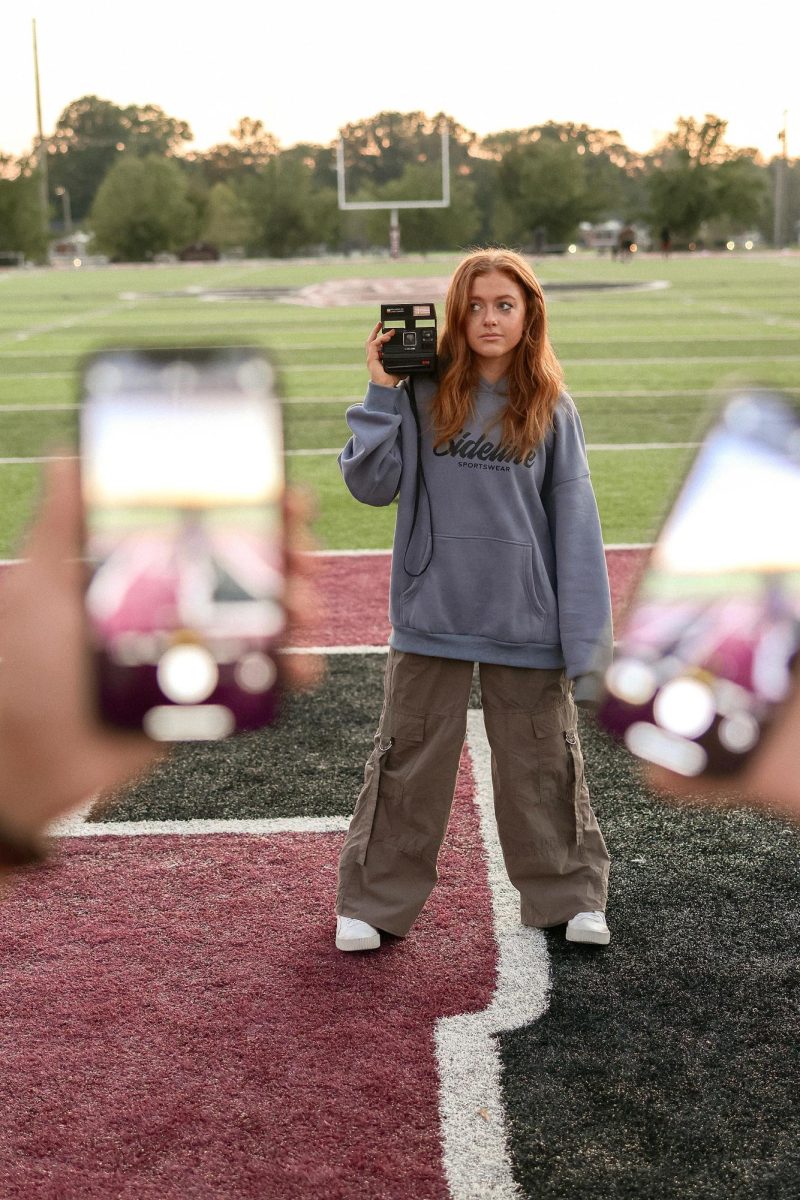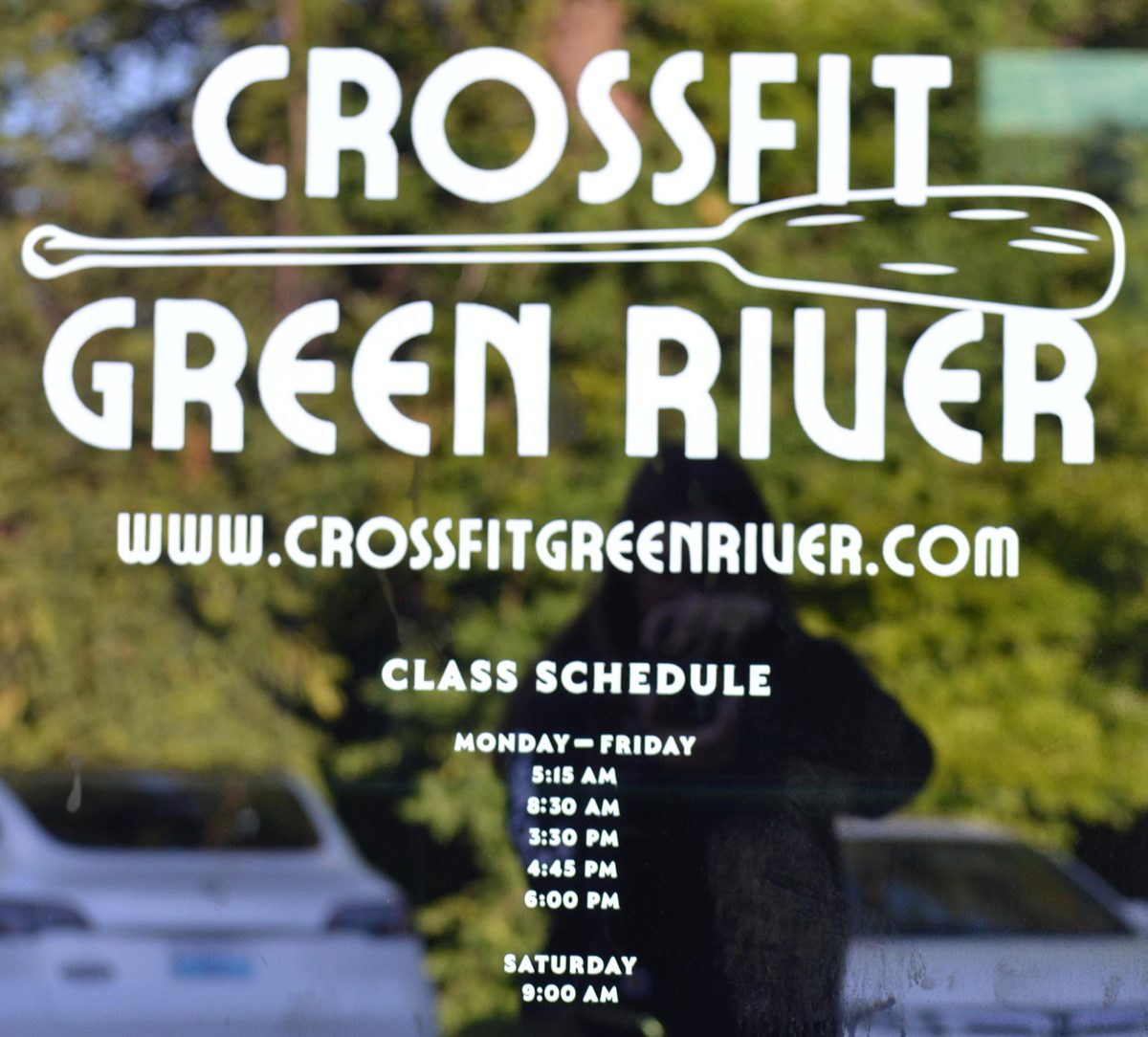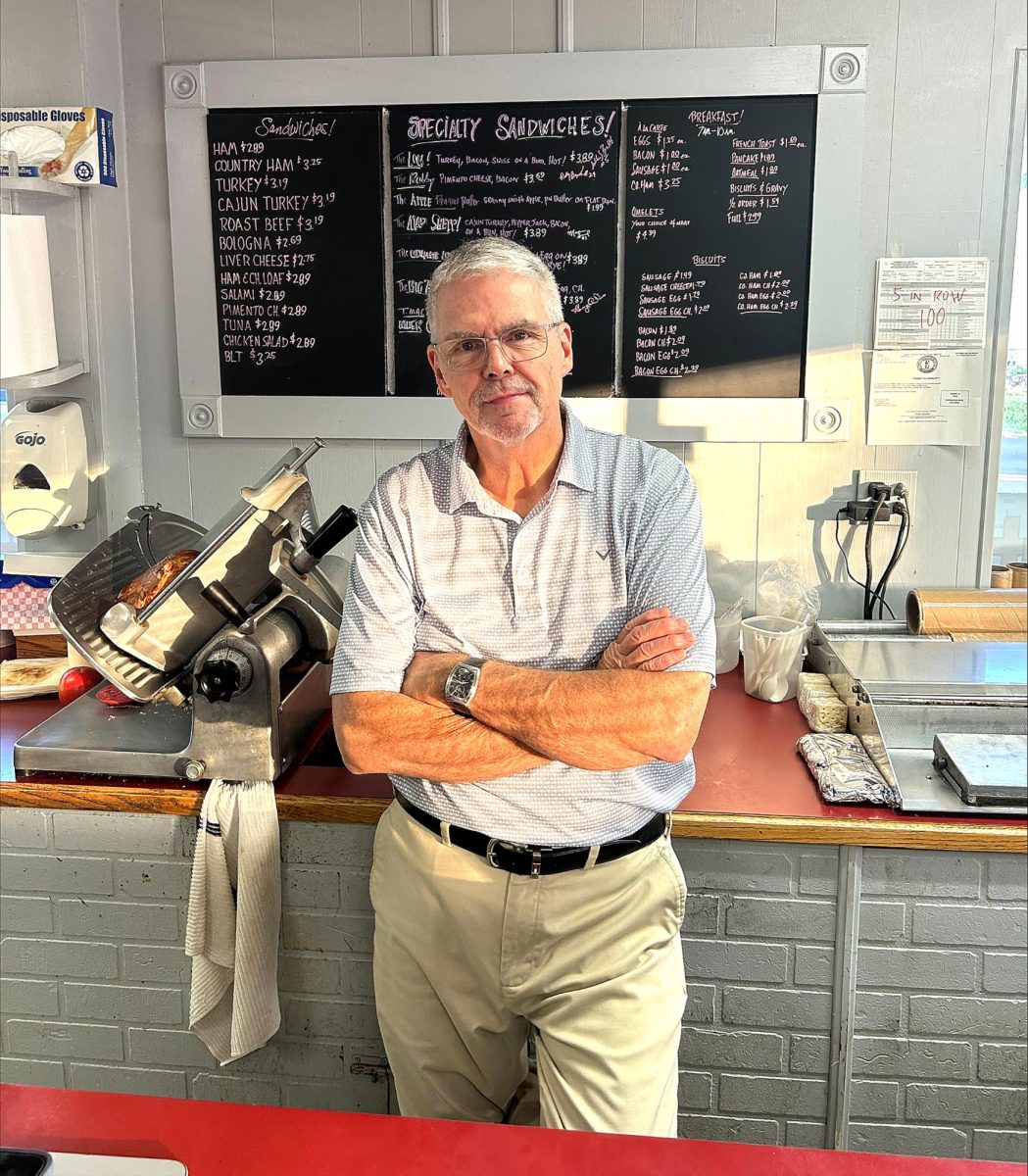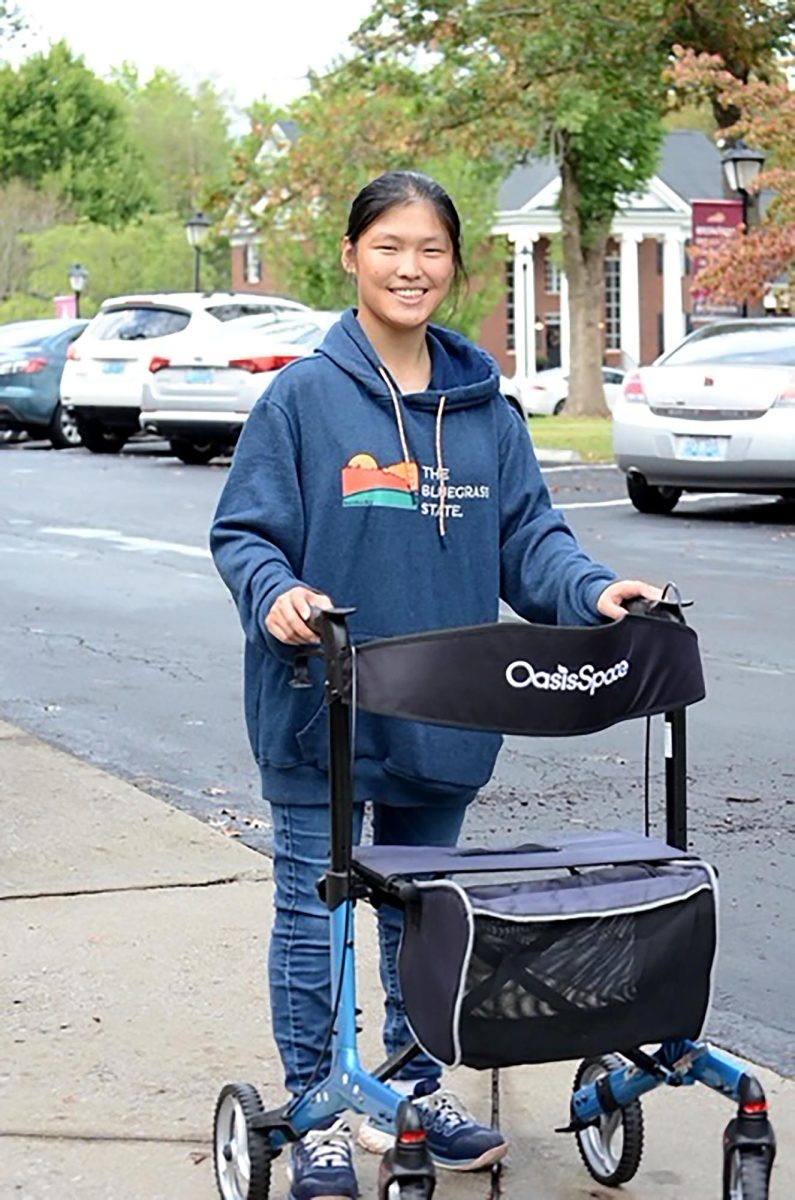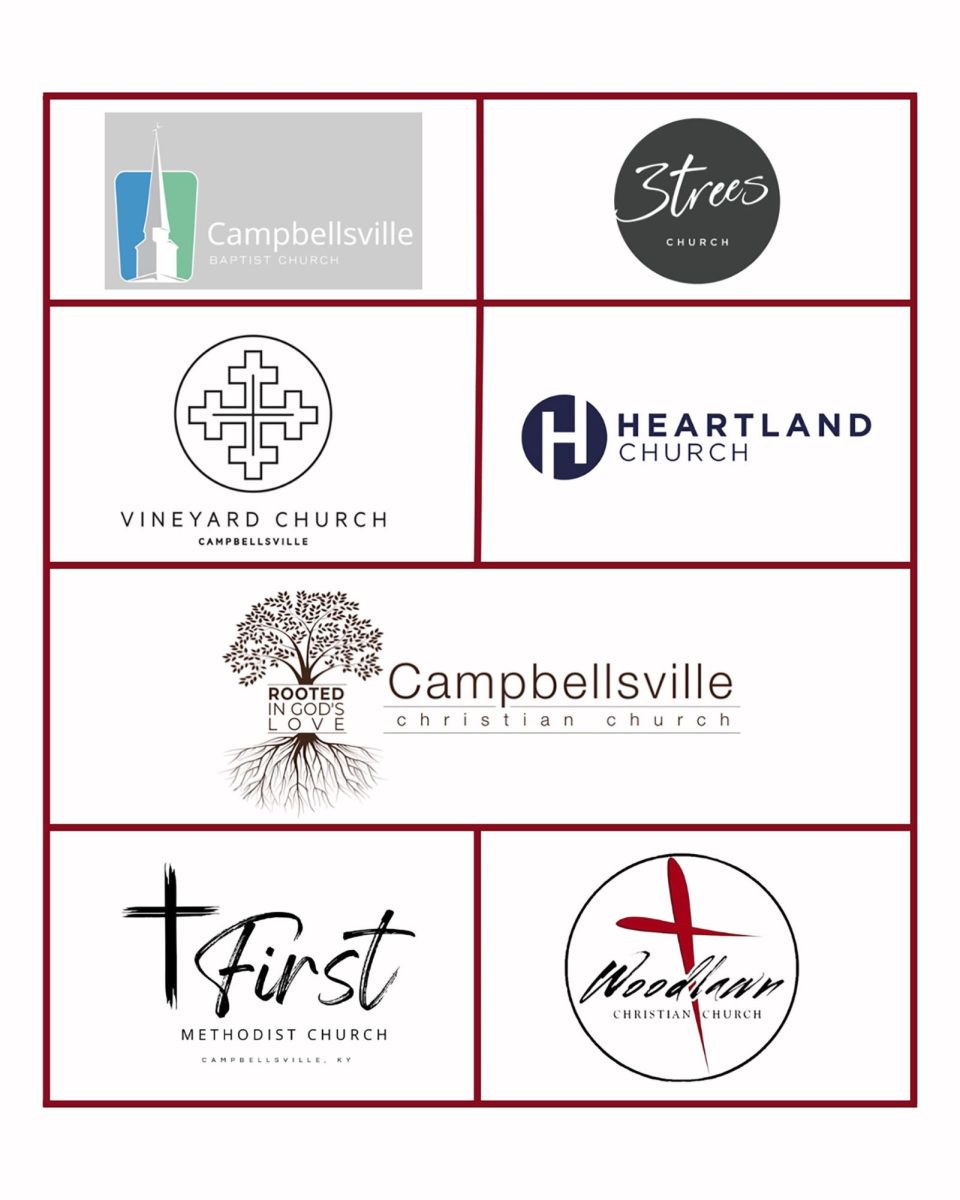By Gerard Flanagan
Lead writer and communications specialist
Office of Marketing and Communications
Seeking to reduce barriers and stigma for students, Campbellsville University has established the Collegiate Recovery Resource Center (CRRC), a collaborative effort among faculty, professional staff, Social Work peer support specialists, and Marriage and Family Therapy interns.
The Center was established as a result of a grant proposal by the Carver School of Social Work, the Marriage and Family Therapy program, and the Student Counseling Center. The proposal was submitted to the Kentucky Council on Postsecondary Education.
“We identified a critical need on our campus for more structured support for students navigating substance use recovery and co-occurring mental health challenges,” Dr. Ann Moore, associate professor of social work and one of the five CU faculty and staff who helped secure the grant, said.
Other CU faculty and staff who helped secure the grant include Dr. Diana Cooper, Master of Social Work Program Director; Tony Watkins, executive director of clinical education and counseling services; Nick Bloodworth, director of student counseling; and Dr. Neil Caldwell, assistant professor of social work.
The CRRC is designed to provide trauma-informed, recovery-oriented and student-centered services to those living in or seeking recovery from substance use disorders and co-occurring mental health conditions. It offers a continuum of care, including peer mentoring, clinical services, group support and academic and life skills coaching.
“Our hope is the center helps to reduce barriers and stigma for students wishing to access services,” Moore shared.
The Center will be housed at two primary locations on CU’s main campus: the CU Counseling Center and the Carver School of Social Work. Both sites will offer peer support drop-in hours, group sessions, academic coaching and walk-in referral support.
Bloodworth shared the Center reflects CU’s collective commitment to reducing stigma and creating pathways for students to find support, connection, and healing.
“Our motivation came from both the data and the stories of students struggling in silence, returning to campus post-treatment, or managing recovery without adequate resources,” Bloodworth said. “We saw the need to offer more than crisis support. We needed a proactive, affirming space for healing. The CRRC reflects our commitment to creating a campus culture where recovery is visible, supported, and celebrated.”
Caldwell shared the Center will help with retention as well as reduce the stress that surrounds addiction and addiction recovery.
“Research has shown over the last several decades that Collegiate Recovery is needed on college campuses, but there have been many barriers with smaller rural campuses, such as funding and staffing to support this movement,” he noted.
Cooper said, “Campbellsville University is off to an excellent start with establishing a sustainable resource recovery center, not only for campus, but all CU students. I’m so proud of the plan and their efforts. I expect to see awesome results from this project.”
Watkins said the CRRC helps build “a culture of belonging and hope at CU.”
“We’re creating space for healing, leadership, and service—equipping students not only to thrive in their own journey, but to make a difference in the lives of others.”
The creation of the CRRC also presents a powerful opportunity for CU’s recently established College of Mental Health and the future counselors, therapists and community leaders who will complete their time at CU in the College of Mental Health.
“Their involvement will deepen their understanding of trauma-informed care, peer support, and the role of community in the healing process,” Watkins shared.
Dr. Michelle Tucker, dean of the College of Mental Health and dean of the Carver School of Social Work, said the creation of the CRRC will directly impact the lives of students by providing a welcoming Center that offers resources for students navigating substance use recovery and mental health challenges.
“For our faculty and students alike, this initiative fosters a deeply engaged learning environment,” Tucker said. “It opens new doors for interdisciplinary collaboration, hands-on field experience, and workforce readiness—while also advancing research, outreach, and community impact. This is the kind of work that changes lives and communities, and I am so proud to see the Carver School leading the way.”
